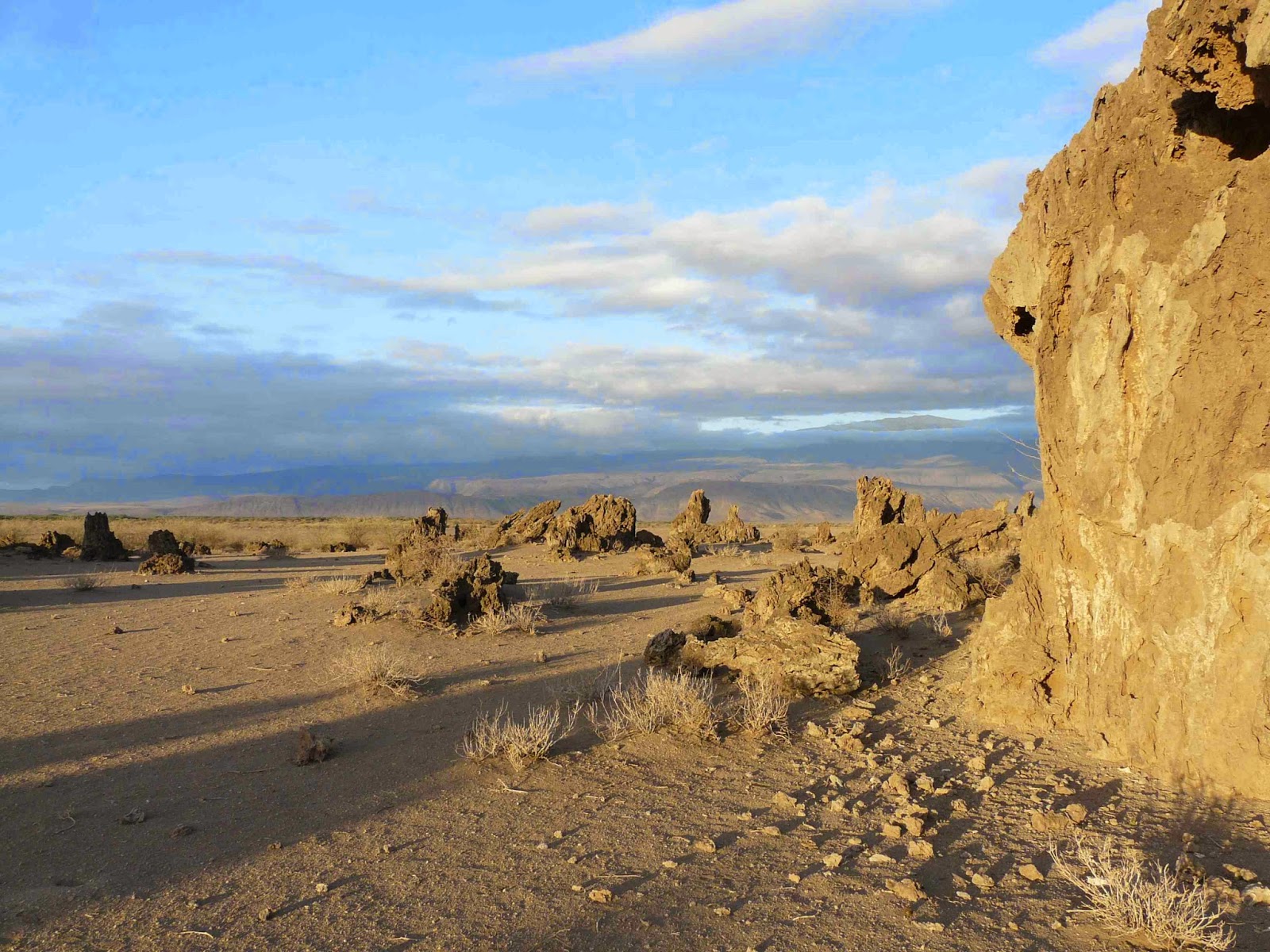Over last weekend,
in an action to do with a land dispute, a 4–star camp near Mt Kilimanjaro was torched
by Maasai villagers. The arsonists also destroyed several vehicles though no
people were injured. The tourist camp is on an 1100Ha foreign owned farm. It is
also on Maasai ancestral grazing land. The land had been overgrazed and was in
a poor state when it was taken over by the current management in 1995. The new owners
have fenced and rehabilitated it and made it a wildlife haven. Locals see grass
and want it for their cattle. It is a difficult problem with both sides having
legitimate moral claims.
 |
| Maasai Market (Not my photo - stolen from web) |
Last night Arusha’s
Maasai Market burned to the ground. The cause is not yet known but arson is
strongly suspected with there being several reasons to suspect it – take your
pick. It may be related to the double back-flip by government authorities over the eviction of 40,000 Maasai people
so their ancestral home can be turned into a hunting ground for Middle Eastern
royals, though it’s hard to see how this will help! The Tourism Minister
authorized the eviction last year but after world-wide protests the Prime
Minister declared it would not happen but there has now been a reneging on that
promise – the money is just too tempting! A 1,500 km2
'wildlife corridor' around Loliondo, next to the Serengeti national park, is
scheduled to be handed over to a commercial hunting and safari company based in
the United Arab Emirates for their exclusive use. There is no moral ambivalence or ambiguity on this one!
The fire could also be
because a local businessman wants the land for his own purposes and it is now
cleared so available for sale or lease to him with no encumbrances. Again, totally immoral and unethical but common in Tanzania in the toolkit of corruption.
 |
| Also not my photo - and now it's too late to take any! |
Or it could be the start of general unrest to
do with next year’s constitution referendum and presidential elections – the
local political groups have had a few rallies already where police have acted
in a heavy handed way to move them on. This is my least preferred reason as the implication of increased violence in the next few months doesn't bear thinking about.
Whatever the reason it is a
tragedy because the livelihoods of the traders have been destroyed and many
will be left in debt as they borrowed to buy the goods and now have nothing. It is also one less tourist attraction for Arusha! And the Ebola outbreak in west Africa has decreased tourist numbers here in east Africa - there must be many geographically incompetent travellers out there - so traders were already struggling.
This afternoon
there were truckloads of young men heading into town – “truckloads” is not a
euphemism for many, they were literally filling the trays of trucks and utes,
and piled three to a motorbike – honking horns and making a racket. I suspect a
protest about the burning is underway this evening and town is somewhere you
wouldn’t want to be tonight. I hope it wont be another night of destruction. I'll keep you posted









